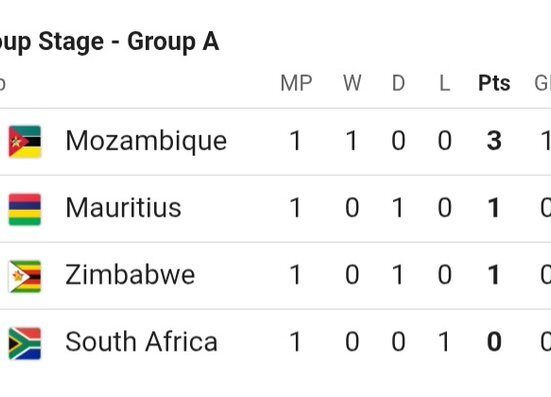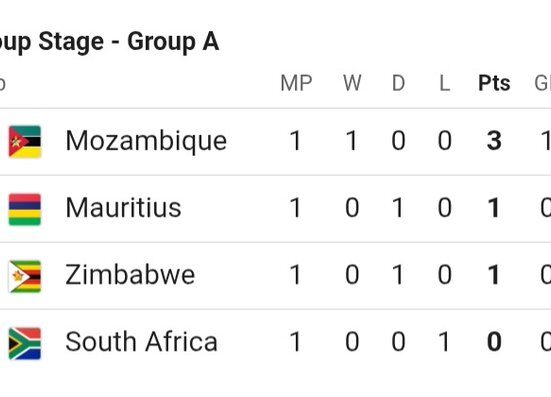Ngugi wa Thiong’o, born James Ngugi on January 5, 1938, was a literary giant whose impact reverberated far beyond the borders of Kenya. His legacy as a Kenyan author, essayist, playwright, and literary critic remains deeply ingrained in the tapestry of African literature. Renowned for his poignant exploration of colonialism, postcolonialism, and the African experience, Ngugi’s works have transcended time and space, leaving an indelible mark on the literary world.
The story of Ngugi wa Thiong’o begins in the picturesque village of Kamiriithu, Kenya, where he was born and raised in a vibrant and close-knit family. His early education at mission-run schools laid the foundation for his intellectual pursuits, leading him to further academic endeavors at Makerere University College in Uganda and the University of Leeds in England. It was during this formative period that Ngugi embarked on a profound journey of self-discovery and cultural reclamation.
In a bold assertion of his identity and a staunch repudiation of colonial influences, Ngugi made the pivotal decision to shed his birth name, James Ngugi, and embrace the moniker Ngugi wa Thiong’o. This symbolic act not only symbolized his commitment to his Kenyan roots but also served as a rallying cry for cultural authenticity and resistance against the vestiges of colonialism.
Ngugi’s literary career burgeoned with the debut of his play “The Black Hermit” in 1962, heralding the arrival of a formidable literary voice. Subsequent works such as “Weep Not, Child” (1964) and “The River Between” (1965) solidified his reputation as a masterful storyteller adept at weaving narratives that delved into the complexities of colonial oppression, the Mau Mau Uprising, and Kenya’s quest for independence. Through his prose, Ngugi illuminated the struggles and triumphs of the African people, offering a profound glimpse into the collective consciousness of a nation in flux.
Central to Ngugi’s oeuvre was his unwavering advocacy for the decolonization of African literature and the promotion of indigenous languages. He fervently believed in the intrinsic power of African languages to encapsulate the richness of cultural heritage and to serve as vehicles for authentic self-expression. By penning his works in his native Kikuyu language, Ngugi challenged the hegemony of colonial languages and championed the linguistic diversity of the African continent.
However, Ngugi’s commitment to his art was intricately intertwined with his fervent political activism, a stance that would lead to his persecution and subsequent exile. In the face of government repression, Ngugi fearlessly spoke truth to power, resulting in his imprisonment in Kenya for daring to critique the oppressive regime. Undeterred by adversity, he sought refuge in England and later the United States, where he continued to amplify his voice as a vehement critic of colonialism and a staunch advocate for African self-determination.
Ngugi wa Thiong’o’s literary repertoire boasts an array of seminal works that have left an indelible imprint on the literary landscape. From the timeless classic “Weep Not, Child” to the politically charged “Petals of Blood” (1977) and the incisive treatise “Decolonizing the Mind: The Politics of Language in African Literature” (1986), each piece reflects his unwavering commitment to social justice, cultural authenticity, and the liberation of the African psyche.
One of Ngugi’s most celebrated achievements is the short story “The Upright Revolution: Or Why Humans Walk Upright” (2019), which has been translated into over 100 languages, cementing its status as a seminal work in African literature. This remarkable feat underscores Ngugi’s transcendent appeal and the universal resonance of his storytelling, which transcends linguistic and cultural boundaries to touch the hearts and minds of readers worldwide.
In the wake of Ngugi wa Thiong’o’s passing at the age of 87, the literary world mourns the loss of a luminary whose words ignited revolutions and sparked intellectual awakenings. His enduring legacy serves as a testament to the transformative power of literature in challenging oppressive systems, amplifying marginalized voices, and envisioning a more just and equitable world. As we reflect on Ngugi’s life and work, let us heed his call to decolonize our minds, embrace our cultural heritage, and strive for a future where the echoes of his voice continue to resonate, inspiring generations to come.









Leave feedback about this